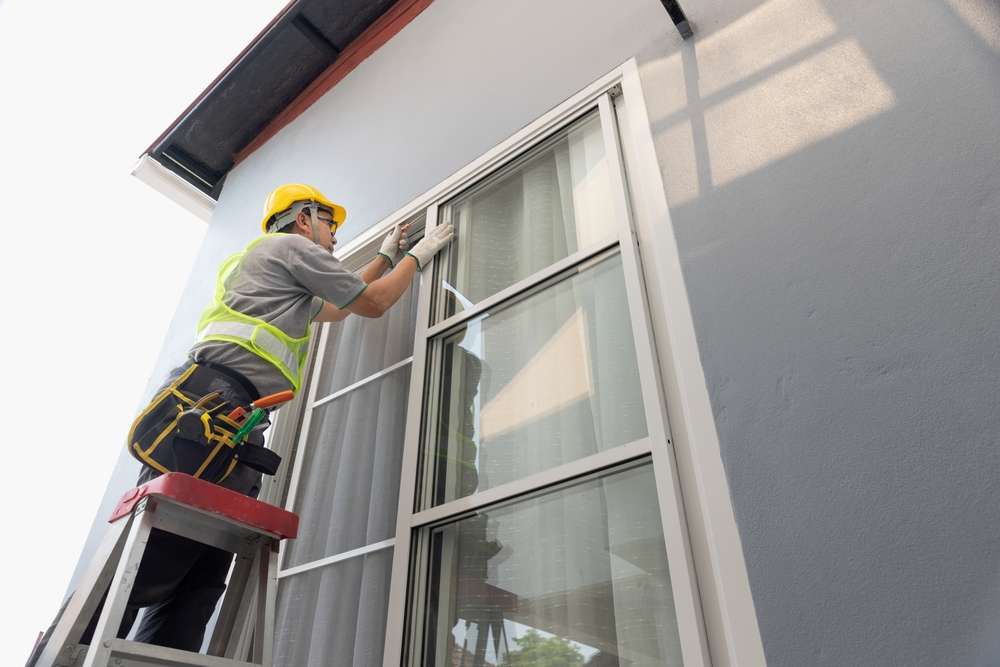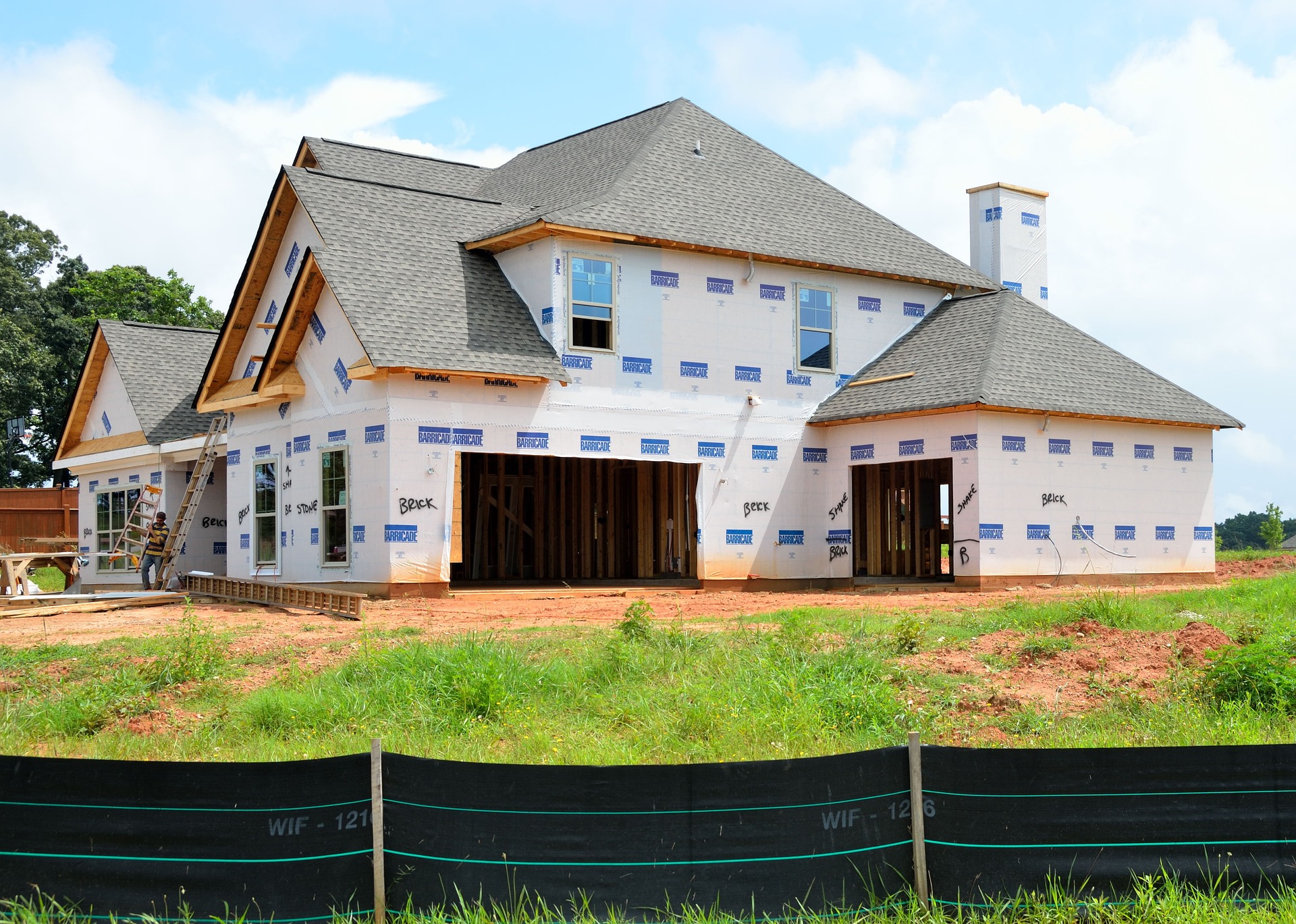Aging windows affect the quality of life. These signs indicate that it is time to replace them.
Old windows waste energy, create noise disturbances and are a safety hazard. Signs that your windows need to be replaced include noticeable drafts (cool in winter, hot in summer), warped frames or difficulty opening and closing. Modern windows are made from durable materials to last longer. Recommend the right solution for your home and have it installed by a professional to ensure a tight seal.

How do aging windows affect energy efficiency?
One of the most noticeable impacts of aging windows is their decreased energy efficiency. Over time, seals deteriorate, frames warp, and glass loses its insulating properties. This leads to drafts, which can make your home feel uncomfortably cool in winter and warm in summer. As a result, your heating and cooling systems have to work harder to maintain a consistent temperature, leading to increased energy consumption and higher utility bills.
Window replacement can significantly improve your home’s energy efficiency. Modern replacement windows are designed with advanced materials and technologies that provide superior insulation. Double or triple-pane glass filled with inert gases like argon or krypton offers excellent thermal performance, while low-E coatings help reflect heat back into your home during winter and keep it out during summer.
What are the signs of window deterioration?
Identifying the signs of window deterioration is crucial for timely replacement. Some common indicators include:
-
Visible damage: Cracks, chips, or breaks in the glass
-
Warped or rotting frames: Particularly in wooden windows
-
Condensation between panes: Indicating seal failure in double or triple-pane windows
-
Difficulty in operation: Windows that are hard to open, close, or lock
-
Increased external noise: Aging windows often provide less sound insulation
-
Faded interior furnishings: UV rays penetrating old, inefficient glass can cause fading
If you notice any of these signs, it may be time to consider window replacement. Modern windows not only address these issues but also come with additional benefits such as improved security features and easier maintenance.
How does window replacement impact home value?
Investing in window replacement can have a positive impact on your home’s value. New windows enhance curb appeal, making your home more attractive to potential buyers. They also demonstrate to prospective purchasers that the property has been well-maintained and updated, potentially commanding a higher sale price.
Moreover, the energy efficiency improvements from new windows can be a significant selling point. Many homebuyers are increasingly interested in energy-efficient homes, and new windows can be a key feature in marketing your property. While the exact return on investment can vary, window replacement consistently ranks as one of the home improvements with a good ROI, often recouping a significant portion of the cost at resale.
What types of replacement windows are available?
When considering window replacement, it’s essential to understand the various options available. Here are some popular types of replacement windows:
-
Double-hung windows: These traditional windows have two sashes that move up and down, offering excellent ventilation options.
-
Casement windows: Hinged on one side, these windows open outward like a door, providing full-length ventilation.
-
Sliding windows: These windows slide horizontally, ideal for spaces where outward-opening windows might be obstructed.
-
Bay or bow windows: These projecting windows create additional interior space and offer panoramic views.
-
Picture windows: Large, fixed windows that don’t open but provide unobstructed views and maximum natural light.
Each type of window has its advantages, and the best choice depends on your home’s architectural style, your personal preferences, and specific needs for ventilation and light.
What are the benefits of professional window installation?
While some homeowners may consider DIY window replacement, professional installation offers several significant advantages. Experienced installers ensure that windows are properly fitted, sealed, and insulated, maximizing energy efficiency and preventing issues like air leaks or water infiltration. Professional installation also typically comes with warranties, providing peace of mind and protection for your investment.
Moreover, professional installers are familiar with local building codes and can ensure that your new windows meet all necessary regulations. They also have the tools and expertise to handle unexpected challenges that may arise during the replacement process, such as discovering structural issues or dealing with non-standard window sizes.
How much does window replacement typically cost?
The cost of window replacement can vary significantly based on factors such as window type, size, material, and the number of windows being replaced. Here’s a general overview of replacement window costs:
| Window Type | Average Cost per Window (Including Installation) |
|---|---|
| Double-Hung | $300 - $850 |
| Casement | $400 - $1,000 |
| Sliding | $350 - $800 |
| Bay Window | $1,500 - $4,000 |
| Picture Window | $300 - $1,200 |
Prices, rates, or cost estimates mentioned in this article are based on the latest available information but may change over time. Independent research is advised before making financial decisions.
It’s important to note that while the upfront cost of window replacement can be significant, the long-term energy savings and increased home value often make it a worthwhile investment. Many homeowners find that the improved comfort, aesthetics, and efficiency of new windows justify the expense.
In conclusion, recognizing the signs that your windows need replacement is crucial for maintaining a comfortable, energy-efficient, and valuable home. From drafts and difficulty in operation to increased energy bills, these indicators suggest it’s time for an upgrade. By investing in modern replacement windows and professional installation, you can enhance your quality of life, reduce energy costs, and increase your home’s overall value and appeal.




